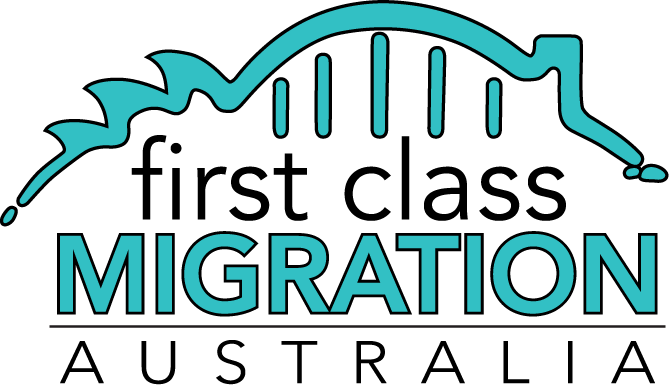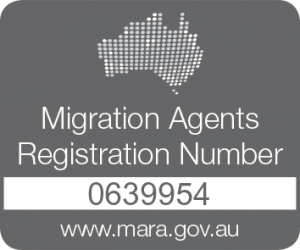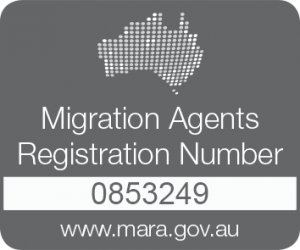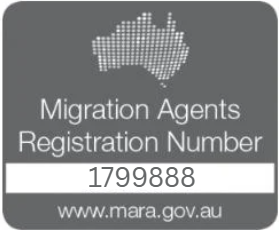Australia’s Migration Policy Updates: December 2024 RECAP
Australia’s Migration Policy Updates: December 2024 RECAP
December 2024 RECAP: Australia’s Migration Policy Updates
A warm welcome to 2025! The Year of the Snake! May this year bring wisdom, transformation, and new opportunities. The Wood Snake represents intelligence, resilience, and growth—so embrace the journey ahead with confidence and grace! Wishing you prosperity, happiness, and good fortune in the year ahead.
As of December 2024, significant changes have been introduced to various Australian visa pathways. These updates, aimed at addressing labour market needs and enhancing migration opportunities, have had implications for both skilled workers and employers.
Introduction of the Skills in Demand Visa (Subclass 482)
Replacing the Temporary Skill Shortage (TSS) visa, the Skills in Demand (SID) visa introduces three distinct streams to address labour market gaps and improve migration accessibility:
- Specialist Skills Stream: For applicants earning $135,000+ annually. Open to all ANZSCO occupations except certain trade and labour categories (Major Groups 3, 7, and 8).
- Core Skills Stream: Requires a salary threshold of $73,150. Applicable to occupations listed on the updated CSOL.
- Labour Agreement Stream: Retains existing settings from the previous TSS visa for employer-specific agreements.
Key Updates to Skills in Demand Visa 482 Visa:
- Work Experience Requirement: Reduced from 24 to 12 months, including part-time and casual work.
- Visa Application Charge: Increased to a base fee of $3,115.
- English Language Requirements: No changes; IELTS overall score of 5 with a minimum of 5 in each component.
- Can nominate up to 4 years – Previously occupations on the STSOL could only nominate up to 2 years and occupations on the MLTSSL could nominate up to 4 years.
- Quicker Processing Times – processing times SHOULD be up to 14 days only.
Core Skills Occupation List (CSOL) Updates
The Australian Government has revised the Core Skills Occupation List (CSOL), reducing it to 456 occupations—a reduction of 125 roles. This change has impacted several sectors, with the removal of numerous occupations across agriculture, media, hospitality, education, healthcare, sports, and technical trades. Key highlights include:
Removed Occupations:
- Agriculture and Farming: Cotton Grower, Fruit or Nut Grower, Sugar Cane Grower, Beef Cattle Farmer, Mixed Crop Farmer, and more.
- Media and Creative Arts: Film and Video Editor, Copywriter, Photographer, Newspaper Editor, and Performing Arts Technicians.
- Hospitality: Café or Restaurant Manager, Conference and Event Organiser.
- Education: Art Teacher (private tuition), Dance Teacher (private tuition), Teacher of English to Speakers of Other Languages.
- Healthcare and Social Services: Acupuncturist, Naturopath, Complementary Health Therapists, Counsellors (nec), Social Professionals (nec).
- Sports and Recreation: Gymnastics Coach, Snowsport Instructor, Tennis Coach, Footballer.
- Management and Trades: Post Office Manager, Sports Centre Manager, Metal Fitters and Machinists (nec), Animal Attendants and Trainers (nec).
The Impact: Migrants whose occupations have been removed from the CSOL are encouraged to explore alternative pathways, such as transitioning to other visa streams or consulting migration agents for guidance.
Employer Nomination Scheme (Subclass 186) Amendments
Significant flexibility has been introduced to the Employer Nomination Scheme (ENS) subclass 186 visa under the Temporary Residence Transition (TRT) stream:
- Work Experience: Applicants can now accumulate qualifying work experience across multiple employers while holding a subclass 457 or 482 visa.
This adjustment removes barriers for workers who change employers during their visa period.
- Occupation Consistency: Applicants must nominate an occupation aligned with their most recent visa but no longer require an exact ANZSCO code match.
- CSOL Application: The updated CSOL now applies to the subclass 186 Direct Entry stream.
Expanded access to 456 occupations, many previously unavailable for direct entry.
Caveat 14 Clarifications
The Department of Home Affairs has clarified Caveat 14, which applies to certain occupations under the CSOL:
- Chef Occupations: Misinterpretations initially limited chef applications to individuals under International Trade Obligations (ITOs). This has been corrected, allowing chefs from all nationalities to apply.
How We Can Help
At First Class Migration Australia, we understand that navigating these changes can be overwhelming. Our team of highly experienced migration agents are here to guide you through the evolving migration policies, offering personalised advice to maximize your chances of successful migration. We stay up to date with the latest developments and provide timely advice to ensure you make informed decisions.
Contact Us
If you have any questions on the above article please do not hesitate to contact us.
02 9999 6668





